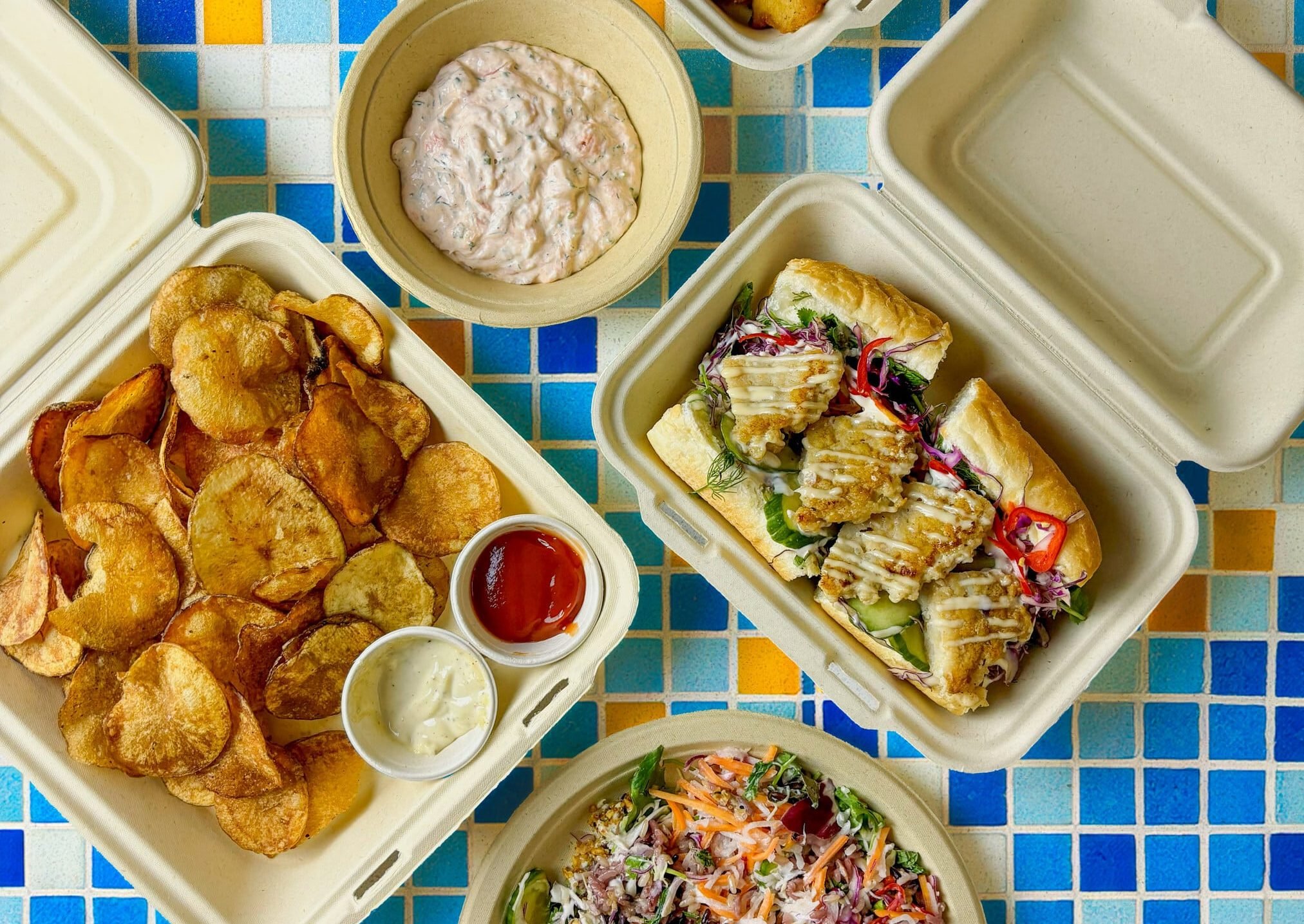Key Takeaways:
- Better Earth has launched a new Compost Drop-Off Database to help consumers find local compost drop-off locations.
- The database includes over 1,000 data points, featuring 315 composting facilities, 250 hauling companies, and 457 drop-off sites across 43 states.
- The initiative aims to improve the accessibility of composting and support the growing commercial composting industry in the U.S.
- Better Earth will audit and update the database annually to ensure accuracy.
- Increased access to composting is crucial to addressing food waste and reducing its environmental impact.
Better Earth, a leader in certified compostable food service packaging solutions, has announced the launch of its Compost Drop-Off Database. This resource is designed to connect consumers with local compost drop-off sites, making it easier for households to participate in composting efforts.
Database Development and Impact
Better Earth's sustainability team identified and mapped out over 1,000 data points, including 315 composting facilities, 250 hauling companies, and 457 drop-off sites across 43 states. This initiative was spearheaded by Blair Michal, Circularity Coordinator at Better Earth, who emphasized the significance of this project. “Identifying over 1,000 data points on our map, including composting facilities, haulers, and drop-off locations, shows the momentum building in the commercial composting industry,” Michal said. “With almost half of those being drop-off sites, it is great to see how accessible composting is becoming.”
Importance of Compost Drop-Off Sites
Compost drop-off sites allow residents to dispose of organic waste, such as food scraps and compostable packaging, for composting. These sites are typically free and serve as a critical community resource. Once collected, the organic waste is transported to local composting facilities and processed into nutrient-rich soil. Increasing the availability of these sites is essential in combating climate change, as nearly 40% of food waste currently ends up in landfills, with only 5% being composted in the United States.
Ongoing Efforts and Future Updates
Better Earth's data will be audited and updated annually to maintain accuracy and relevance. This ongoing effort reflects the company's commitment to enhancing the infrastructure for composting and supporting circular systems within communities.


